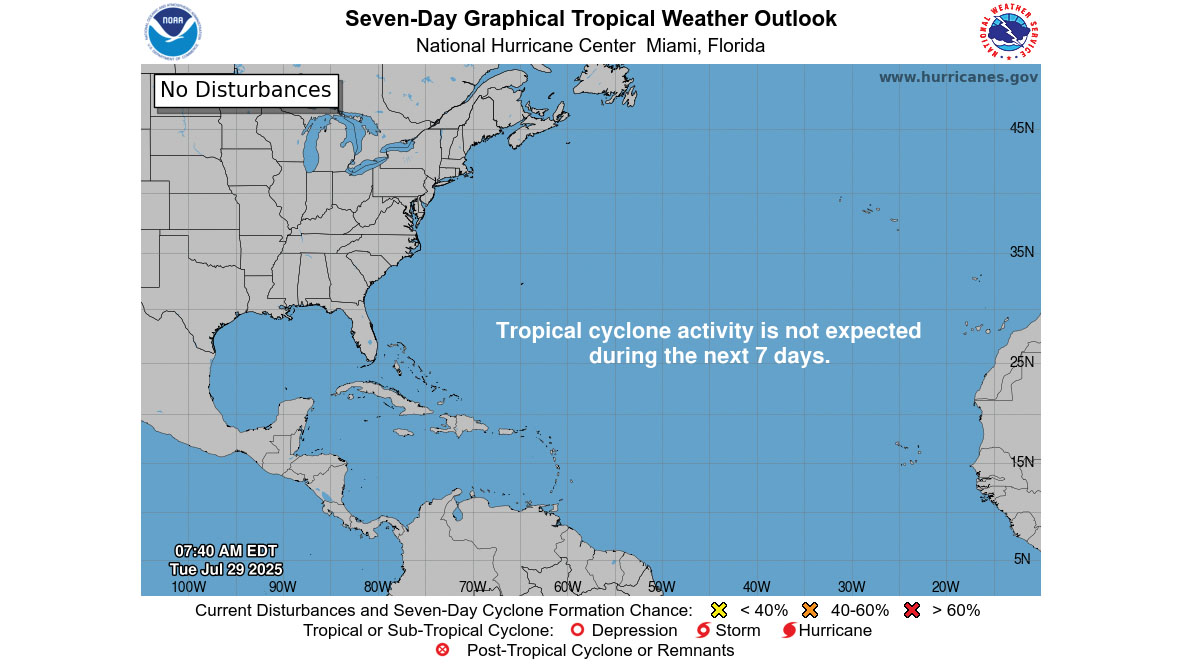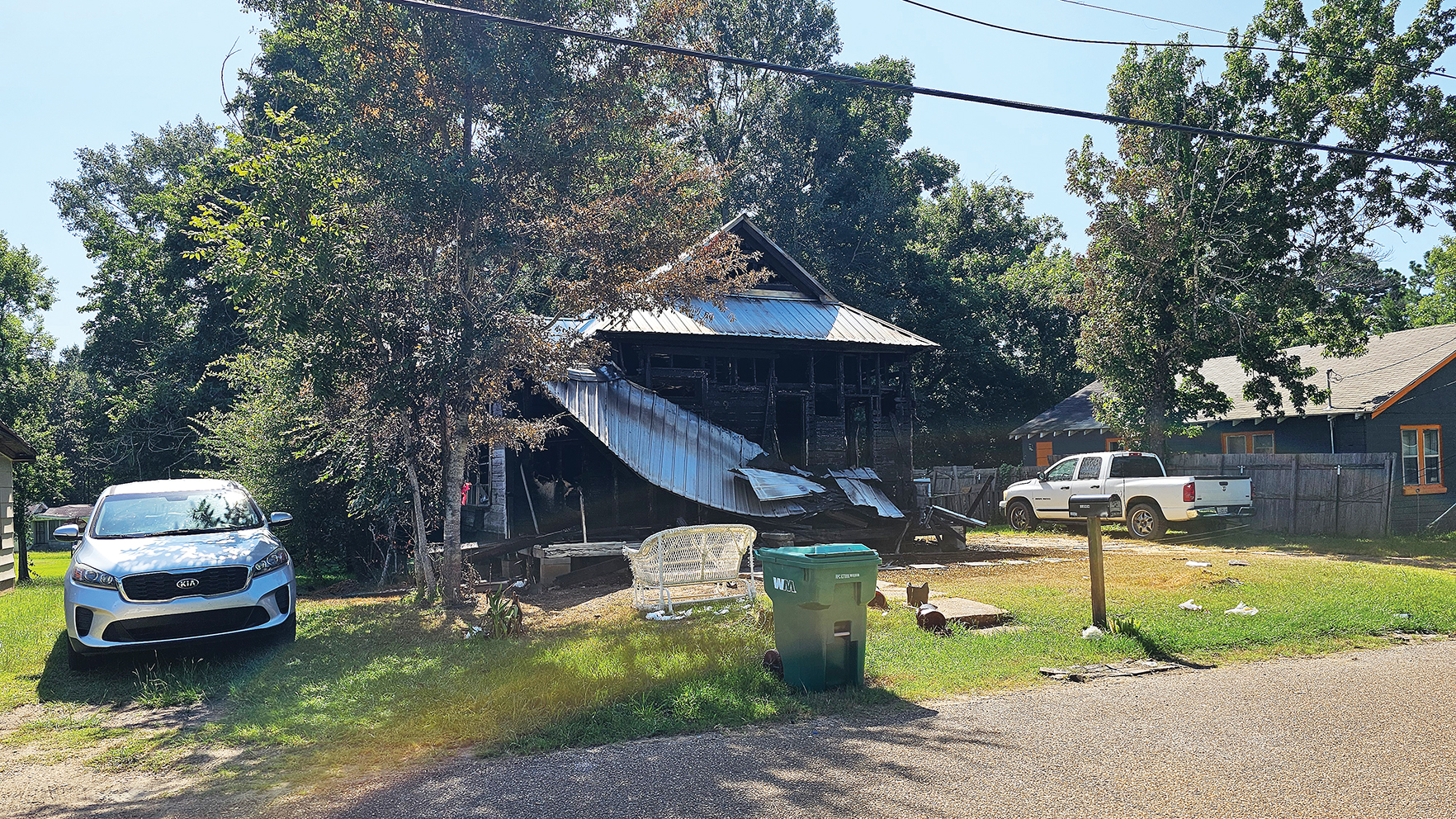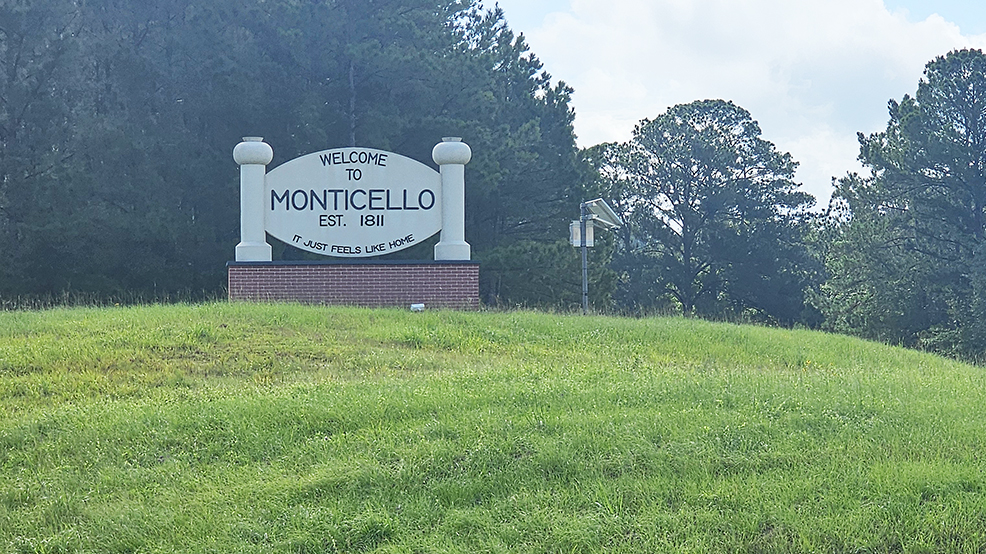Just how clean is your water? An expert with the Brookhaven plant says he prefers tap over bottled
Published 9:55 pm Friday, May 26, 2017
Is Brookhaven’s water safe to drink?
The answer is crystal clear, said Ralph Augimeri with Mitchell Technical Services. He’s the man in charge of making sure the city’s H2O is good to go.
Mitchell Technical Services is contracted to operate the Brookhaven Wastewater Treatment Plant.
Trending
“I have no problem with it,” he said. In fact, he prefers Brookhaven tap expensive bottled water.
He said his grandmother would roll over in her grave if she caught him drinking water that cost more per gallon than gasoline.
Most of the country’s bottled water comes from municipal water supplies, just like Brookhaven’s. The only differences may be some additional filtration.
“We’re very fortunate in this country that you can reach over and turn the tap on and drink the water,” he said.
Brookhaven’s water treatment plant produces about 1.5 to 2 million gallons of water per day, he said. “We keep about half a million in ground storage and 2.5 million in elevated storage. That gives us about 24 to 36 hours to respond to a major problem.”
The water supply is tested regularly and has met all of the Environmental Protection Agency’s standards. “It’s safe to drink,” he said.
Trending
The Public Water Supply Program ensures safe drinking water to the 2.8 million citizens of Mississippi who utilize the state’s public water supplies by strictly enforcing the requirements of the Federal and State Safe Drinking Water Acts.
Mitchell Technical Services regularly tests for organic and inorganic chemicals, nitrites, nitrates, lead and copper as well as bacteriological entities such as the E. coli and total coliform bacteria.
It was the presence of E. coli and total coliform bacteria in samples sent for testing that caused a boil-water alert to go out Jan. 12 to about 12,500 customers in Brookhaven. That accounts for about 4,800 households and businesses.
The two samples that showed the presence of E. coli and total coliform bacteria had been pulled the day before from the area of Brookhaven south of East Cherokee Street and east of South First Street. City officials attributed the contamination to leaks in water lines earlier in the week that were caused by the freezing temperatures over the weekend. The leaks were repaired that Monday. The samples were collected Wednesday. The boil water notice went out Thursday.
The state required two days of clear samples before the advisory could be lifted. That took about a week.
But even while on alert, Augimeri said, the city’s water supply was still safe. “Not a drop of water we produced was contaminated,” he said.
The EPA sets drinking water standards and has determined that the presence of E. coli is a serious health concern.
Fecal coliforms and E. coli are bacteria whose presence indicates that the water may be contaminated with human or animal wastes. Microbes in these wastes can cause short-term effects such as diarrhea, cramps, nausea, headaches or other symptoms. They may pose a special health risk for infants, young children and people with severely compromised immune systems.
“Brookhaven’s water meets all the federal requirements,” he said. “It even meets the requirements for some things that aren’t regulated yet.”
The EPA asks some areas to test for additional compounds that aren’t required to be regulated yet. They do random checks. “We’re on that list,” he said. “We’ve come back OK on those compounds. We’re on top of everything.”
Some tests are run quarterly, based on the state’s schedule. Others, like the test for bacteriologicals are checked monthly.
The city has nine wells. Mitchell Technical Services checks 10 to 12 sites each month based on a schedule set up and approved through the state Department of Health. The sites are rotated each month so that all 40 are tested each quarter.
“We’re checking all over town,” he said.
They also check the chlorine to make sure levels are at an adequate level. Chlorine is a highly efficient disinfectant and is added to public water supplies to kill disease-causing bacteria that the water or its transport pipes might contain.
Augimeri said Brookhaven has been awarded for its testing procedures.
“We rated as high as you can rate last year. We rated a 5 on the water system,” he said. “That’s the best you can do.”
He said Brookhaven sits atop a maze of pipes — miles of them — and it takes a continual effort to keep them flushed out. Then there’s the delicate balance between hard water and soft water, he said.
Excess hardness can cause scaling inside pipes, water heaters, coffee makers and even industrial machinery. The scale restricts the flow through the pipes and is a poor conductor of heat. Eventually, pipes can become completely clogged.
When the hardness of the water is too low, it can deteriorate metal equipment used in swimming pools (hand rails and ladders), contribute to staining of concrete, vinyl and fiberglass materials and reduce the effectiveness of chlorine.
“We try to maintain the water that is neutral that doesn’t do either,” he said.
The state Department of Health requires the same tests from the county’s four rural water associations: Bogue Chitto Water Association, Fleetway 165, Topisaw Creek and Lincoln County Rural Water Association which serves Beauregard, Heucks Retreat, Old Red Star, Pleasant Ridge and Zetus.
The associations publish their reports annually in The Daily Leader.
The MSDH has not determined that any of the Lincoln County associations have lead contamination at dangerous levels.





